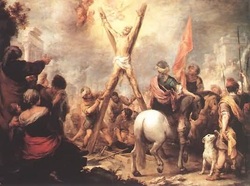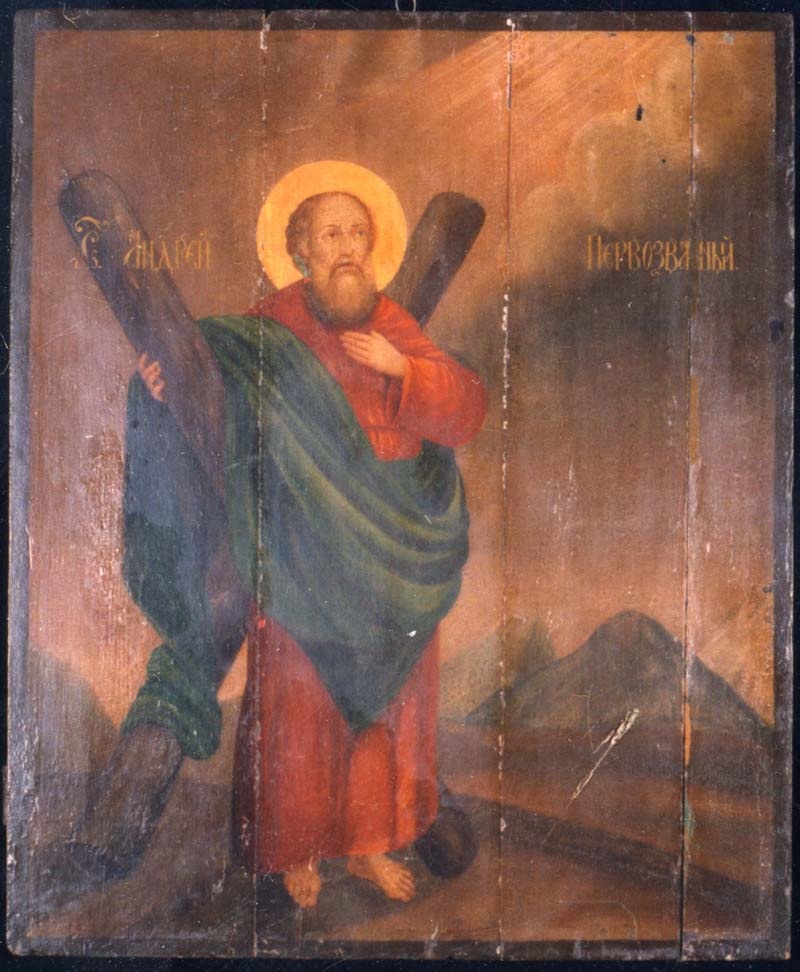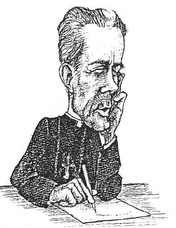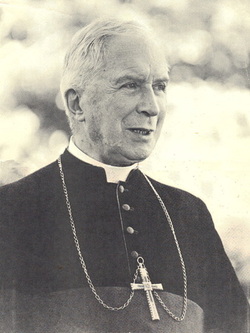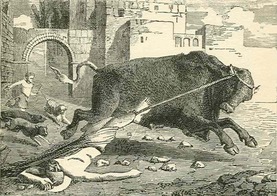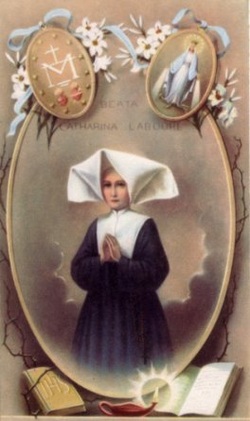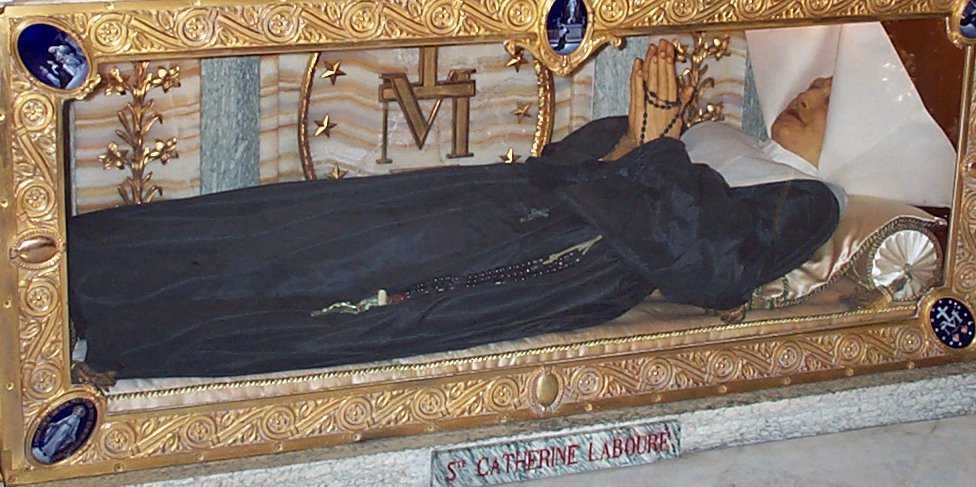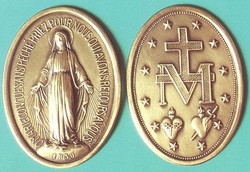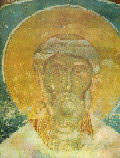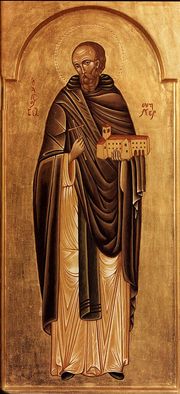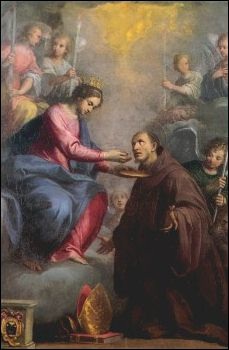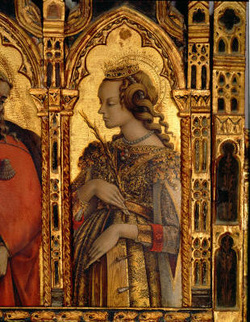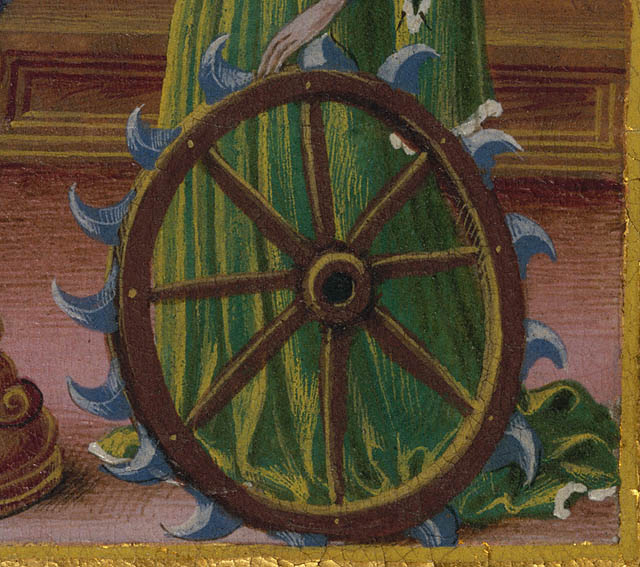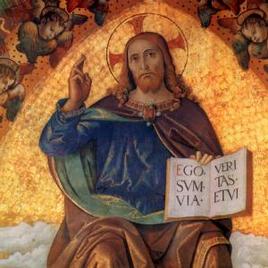
When the Saviour gave instruction to his disciples concerning the coming of the kingdom of God, and of the end of space and time, he was teaching his whole Church through the Apostles. By this means he is even now saying unto us: Take heed lest your hearts wax gross with an excess of meat and drink and worldly affairs. And we know, beloved, that to us this warning specially appertains. For the day of the Lord has already been proclaimed; and even if we know not its very hour, at least we know it is nigh at hand.
Wherefore let every man make himself ready against the Advent of the Lord, lest it take him unaware, whilst he is given over to gluttony or worldly affairs. For it is a matter of every-day experience, beloved, how fullness of drink dulls the mind, and how excess of eating weakeneth the will. To eat as much as one may desire is even bad for the bodily health. Wherefore desire should be withstood by temperance; or at least the gluttonous pleasure of the moment should be checked by the thought of the discomfort which followeth hard upon over-eating.
The body without the soul could not conceive desire. The body's power to enjoy cometh from the same source as its power to choose. Hence it is the duty of the soul to deny something to its subject, (to wit, to the lower nature,) and thereby keep back the outer man from things unseemly. Then will the soul be less hindered by fleshly cravings, and have leisure in the inner court of the mind to dwell on the wisdom of God. There, when the turmoil of earthly care is stilled, will the soul feed on holy thoughts, and be entertained with the expectation of everlasting joy.
